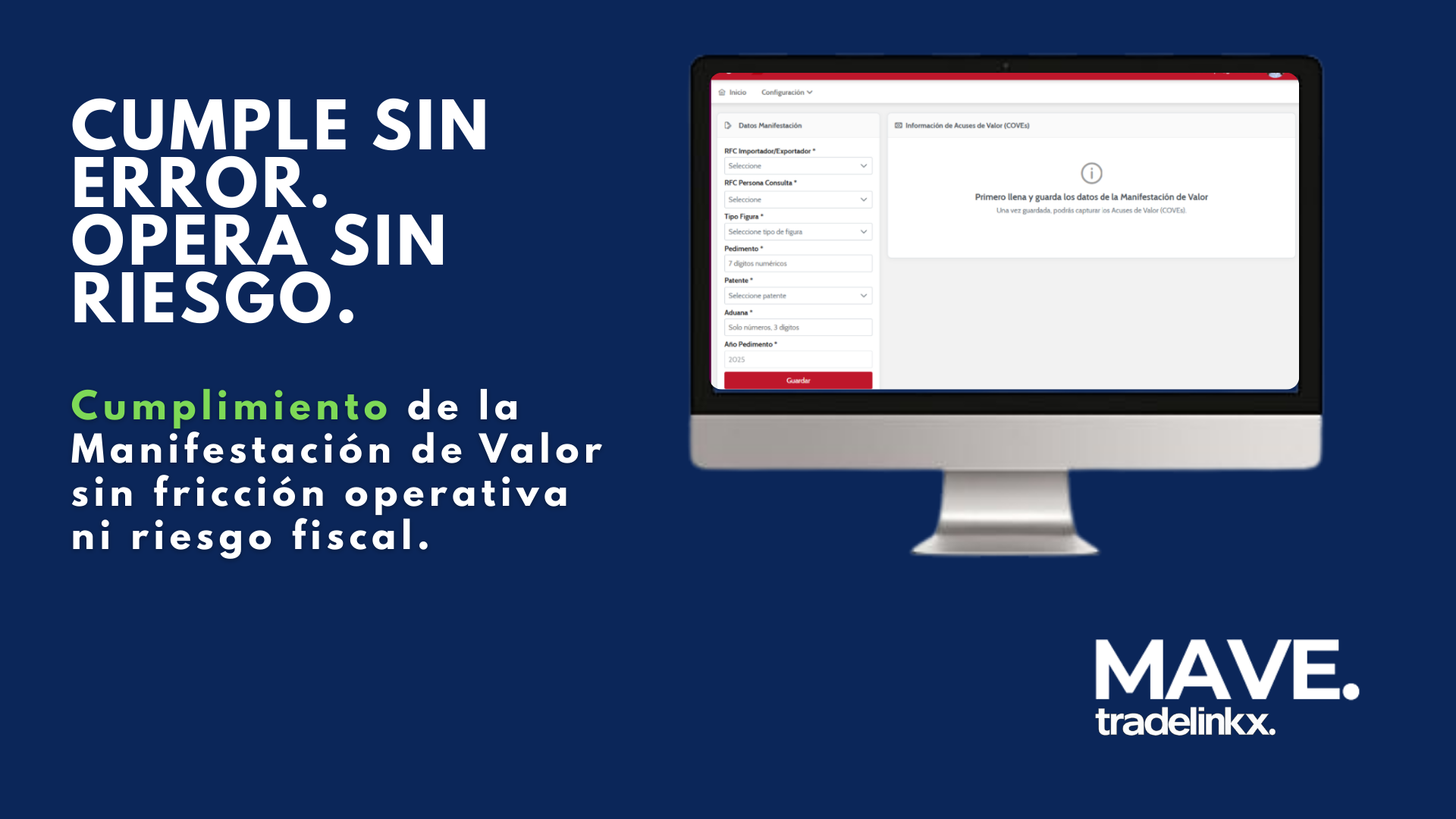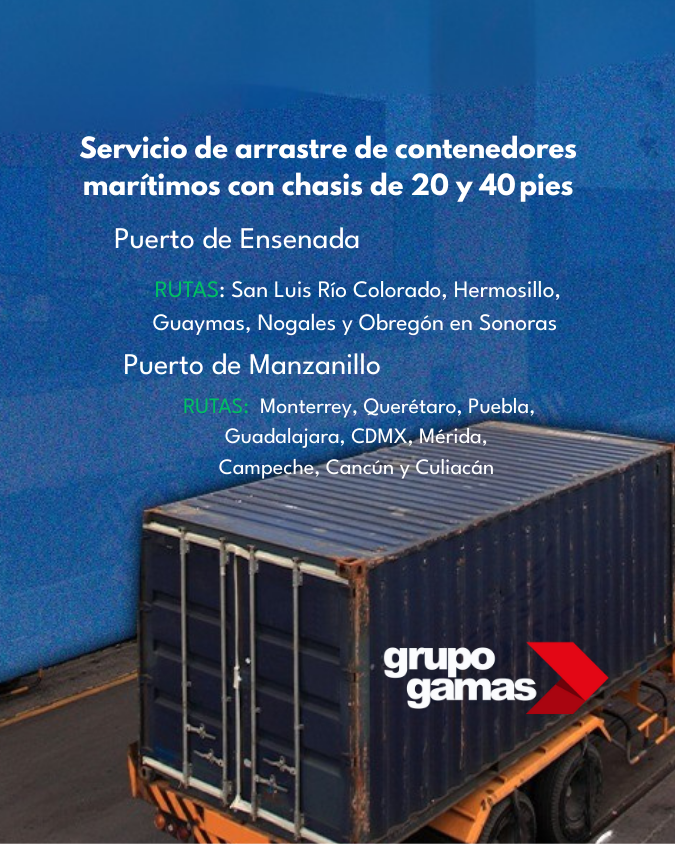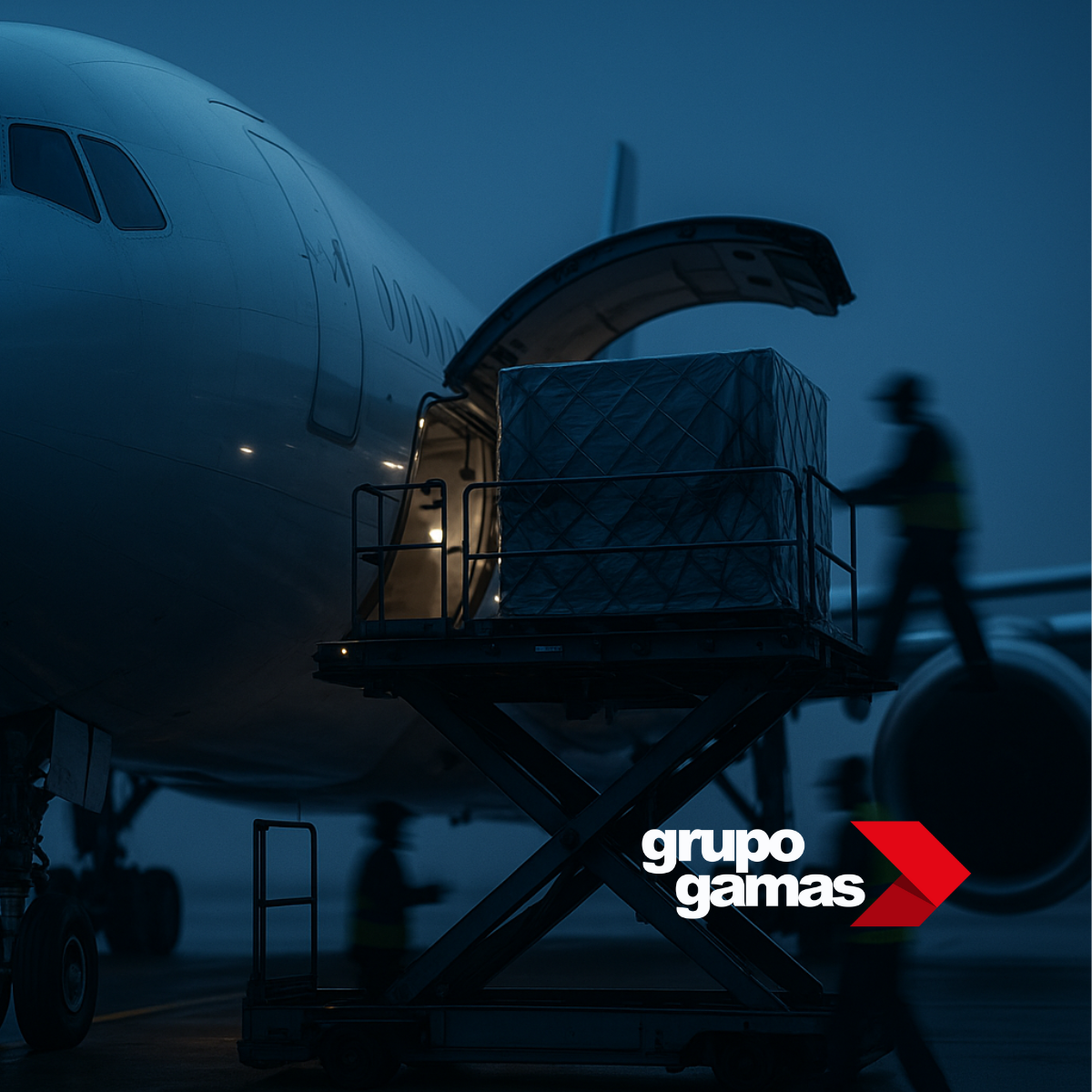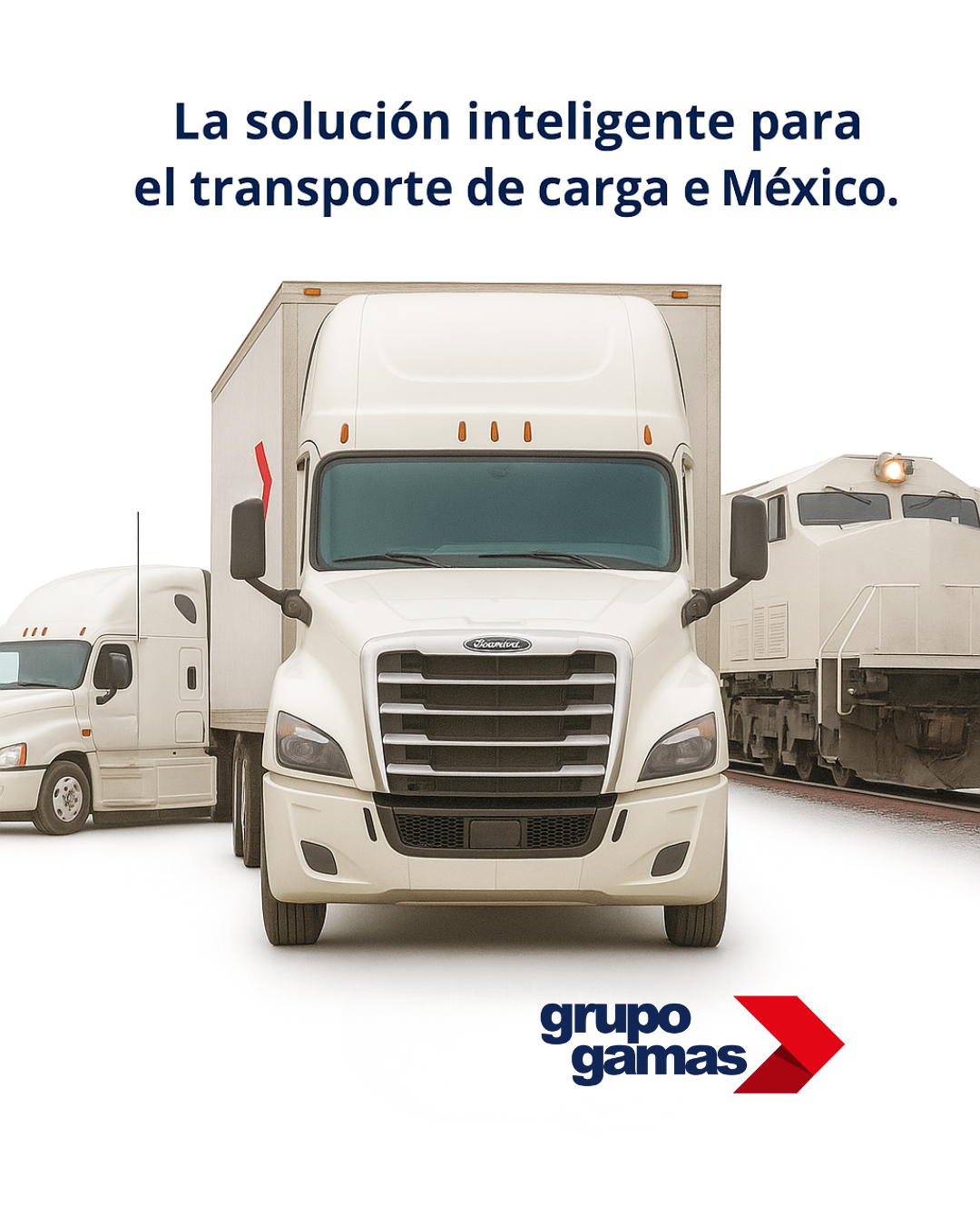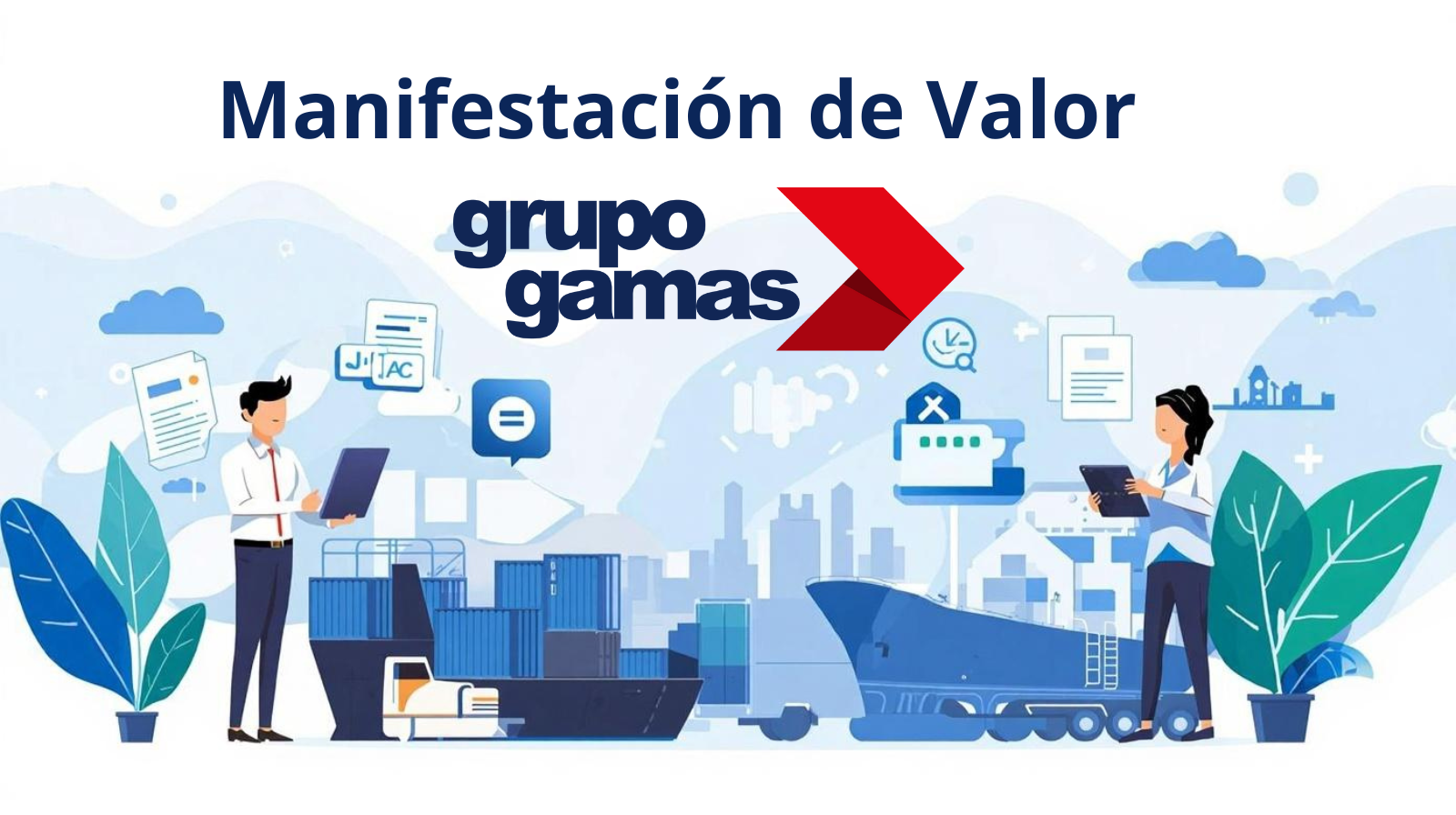
KEY POINTS
- Gamas Group was founded in 1942 in the state of Sonora and now handles 5% of Mexico’s foreign trade across 35 of its 49 ports of entry, employs 350 people in 4 countries.
- Mexico plays a significant role in international trade due to its strategic location, diversified economy, and free trade agreements. As a preferred destination for foreign direct investment (FDI), Mexico should prioritize its competitiveness.
- Hermosillo, Sonora is in a pivotal position to take advantage of its geography, human capital, and vast economic resources to catapult its participation in international trade. Despite Sonora being home to five border crossings, five airports, a vast railway network, and one ocean port, it is the border state with the least amount of exports and imports.
ABOUT GAMAS GROUP
Gamas Group is a fourth-generation family company founded in 1942 in Nogales, Sonora as a customs brokerage firm providing import services for local merchants. Since then, the company has grown to offer integral customs brokerage, logistics, transportation, warehousing, distribution, and trade consultance services across 50 offices mainly located in 35 of Mexico’s port of entries, the US southern border, Asia, and Europe. Gamas Group enhances North American logistics and customs brokerage standards that help drive our clients’ growth and accelerate economic growth across the region by driving continual technological innovation, developing the best talent, and always going the extra mile. The company is led by its CEO and licensed Mexican Customs Broker, Victor Hugo Gamas. He also serves as the Chairman of Grupo Xinergia, a holding company for 20 firms that employs 1,000+ professionals dedicated to building an ecosystem of smart logistics for international companies seeking to do business in North America.
THE MEXICAN MOMENT
Mexico plays an important role in global value chains and has had extensive commercial participation in free trade agreements since 1986. It currently has 14 free trade agreements with more than 50 countries, including the United States-Mexico-Canada Agreement (USMCA). Additionally, it has 31 international agreements for the reciprocal promotion and protection of investment with 33 countries. High inflation, supply chain bottlenecks caused by the COVID-19 pandemic, and the US-China trade war have helped catapult Mexico as a preferred landing spot for international companies seeking to relocate their investments closer to the United States. Resultantly, Mexico is in prime position to take advantage of an integral growth strategy that strengthens its internal market, with quality investments that incentivize the development and growth of its human capital.
THE USMCA’S IMPACT
Mexico’s competitive advantages include: a solid production and logistics chains developed with the United States and Canada, shorter production and shipping times and processes, similar time zones within North America, legal certainty with a clear legal framework.
Additionally, the USMCA is the first free trade deal in the world to contemplate comprehensive chapters related to digital trade, social inclusion, labor standards, small and medium enterprises, the environment, competitiveness, among other topics. As a result, Mexico became the United States’s main trading partner in 2023, displacing China for the first time in 21 years.
As in any relationship, some pain points continue to put the deal’s integrity into question. This includes labor unions’ effectiveness in Mexico’s automotive industry, energy policies that prioritize Mexican oil and gas state enterprises, and protectionist tariffs imposed on 392 different HTS codes that companies import into Mexico, among other issues.
HERMOSILLO, SONORA: THE NEXT GREAT FRONTIER
Hermosillo, as the capital of Sonora, leverages many of the state’s economic strengths and offers some unique advantages of its own, including: being a manufacturing powerhouse, workforce strength, competitive labor costs, infrastructure, and high quality of life.
In 2023, Sonora’s international sales were $20.4 billion, which is 5.28% more than the previous year. The top three products for international sales in 2023 were: Copper ores and concentrates ($2.9 billion), Electrical wires and cables ($1.74 billion), and Molibdeno minerals and concentrates ($851 million). In Q4 2023, the state’s economically active population was 1.47M people. The workforce reached 1.43M people (41.4% women and 58.6% men), resulting in an unemployment rate of 2.82% and an average monthly salary of $7.41k MXP.
In Sonora, the municipalities with the highest level of international sales in 2023 were Hermosillo (US$5.16B), Nogales (US$4.98B), Cajeme (US$899M), and San Luis Río Colorado (US$746M).
LOOKING AHEAD
The Arizona-Sonora relationship continues to expand as Arizona becomes a hotbed for innovation and investment in the semiconductor, energy, electric vehicles, and logistics industries. Hermosillo and Sonora, respectively, need to seek the synergy with its northern neighbor to further strengthen Arizona’s sales pitch as an investment destination that can leverage its international border and diversify its value chains with cheaper, competitive labor, outsourced processes, and specialization in distribution and R&D efforts. In 2023, Arizona’s exports to Sonora accounted for 30% of all of the state’s international exports.
Mexico’s federal government introduced the PLAN SONORA with the aim of increasing its renewable energy footprint, attracting FDI related to the semiconductor industry, and expand exploration and extraction of lithium and other strategic minerals. The plan has three pillars: large-scale clean energy generation, the development of strategic green infrastructure, strengthened value chains for strategic minerals linked to electromobility and semiconductors, and the development of human capital.
Download the full document here.


